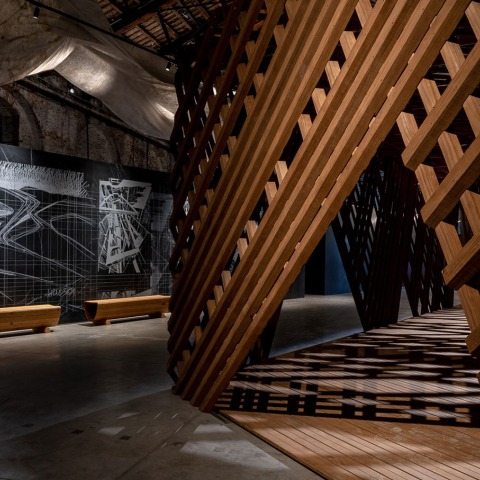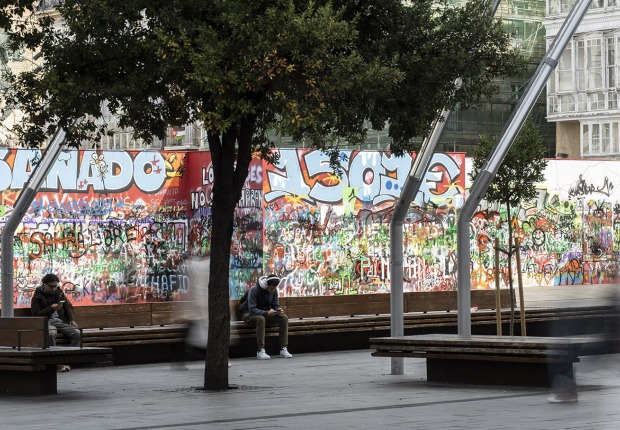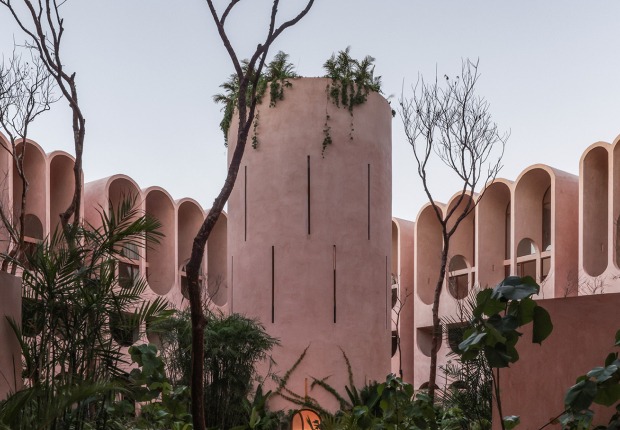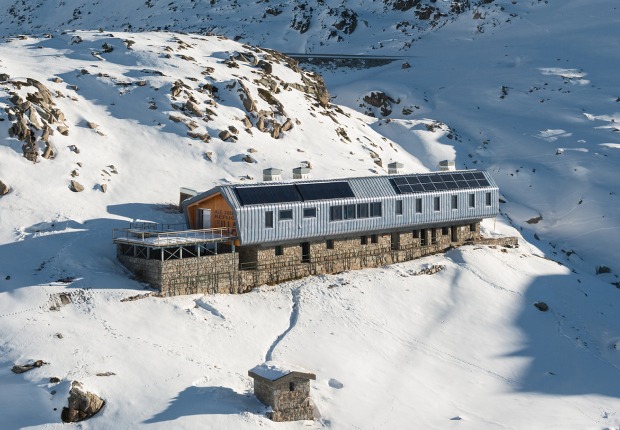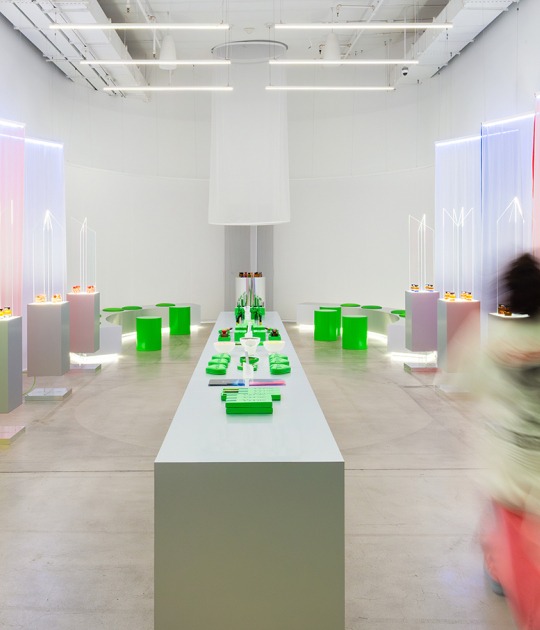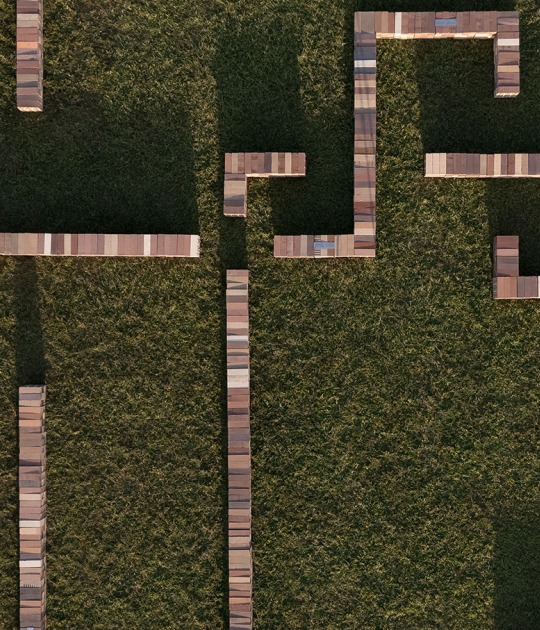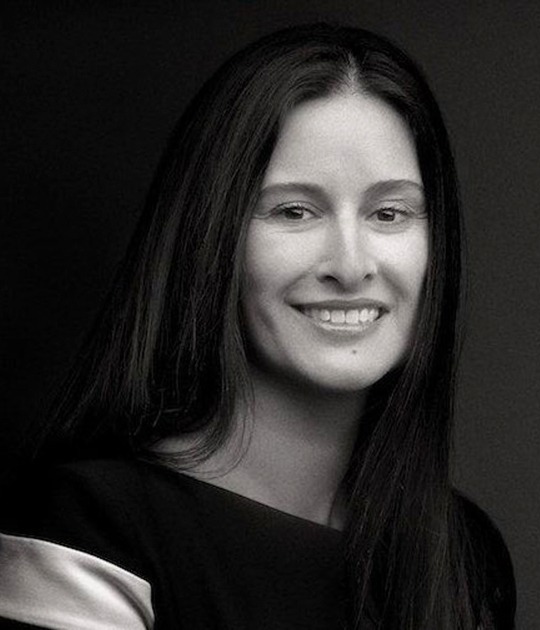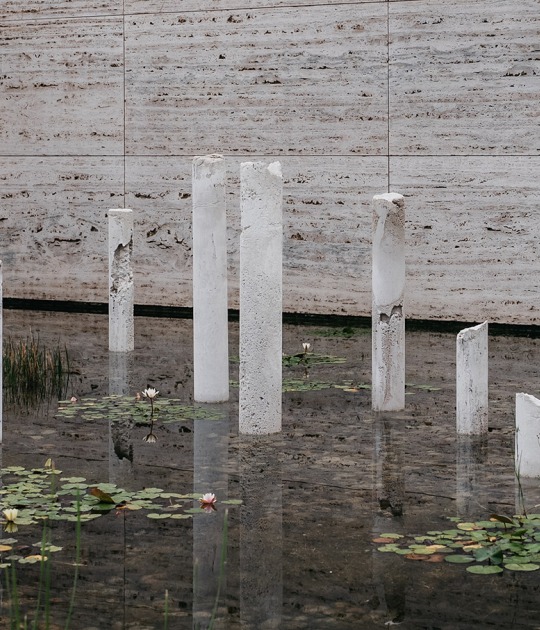The Italian pavilion project for the VII Venice Architecture Biennale answers the question posed by the organizers, "How will we live together?" from the perspective of the necessary transformation that society must face dealing with climate change. The focus is on the role of the architect, crucial to counteract the unsustainability of today's cities and the pollution generated by the construction industry.
In this way, the pavilion shows projects that put into practice new models of habitability, rethink the urban fabric and the city model, or use materials and construction processes with low environmental impact. They are projects that, in a way, rethink the model of society to transform communities into open, virtuous and resilient systems.
Resilient Communities is based on the firm conviction that architecture must contribute significantly to improving the quality of life that we lead, providing adequate responses to the environmental and social changes of our time.
From the project created by Milovan Farronato for the 2019 Art Biennale, the 2021 Italian Pavilion took shape through a subtraction/integration action. All the waste material produced during its creation and construction was reused for new purposes. In addition, the installations present, as well as the exhibition, will live a second life.
The Italian pavilion is a unique opportunity to study the life cycle of a creation born with a resilience approach. For this same reason, within the pavilion multimedia supports are used to tell the story of the selected projects, minimizing the canonical means of expression and communication.
The website of the Italian pavilion can be found here.
In this way, the pavilion shows projects that put into practice new models of habitability, rethink the urban fabric and the city model, or use materials and construction processes with low environmental impact. They are projects that, in a way, rethink the model of society to transform communities into open, virtuous and resilient systems.
Resilient Communities is based on the firm conviction that architecture must contribute significantly to improving the quality of life that we lead, providing adequate responses to the environmental and social changes of our time.
From the project created by Milovan Farronato for the 2019 Art Biennale, the 2021 Italian Pavilion took shape through a subtraction/integration action. All the waste material produced during its creation and construction was reused for new purposes. In addition, the installations present, as well as the exhibition, will live a second life.
The Italian pavilion is a unique opportunity to study the life cycle of a creation born with a resilience approach. For this same reason, within the pavilion multimedia supports are used to tell the story of the selected projects, minimizing the canonical means of expression and communication.
The website of the Italian pavilion can be found here.
